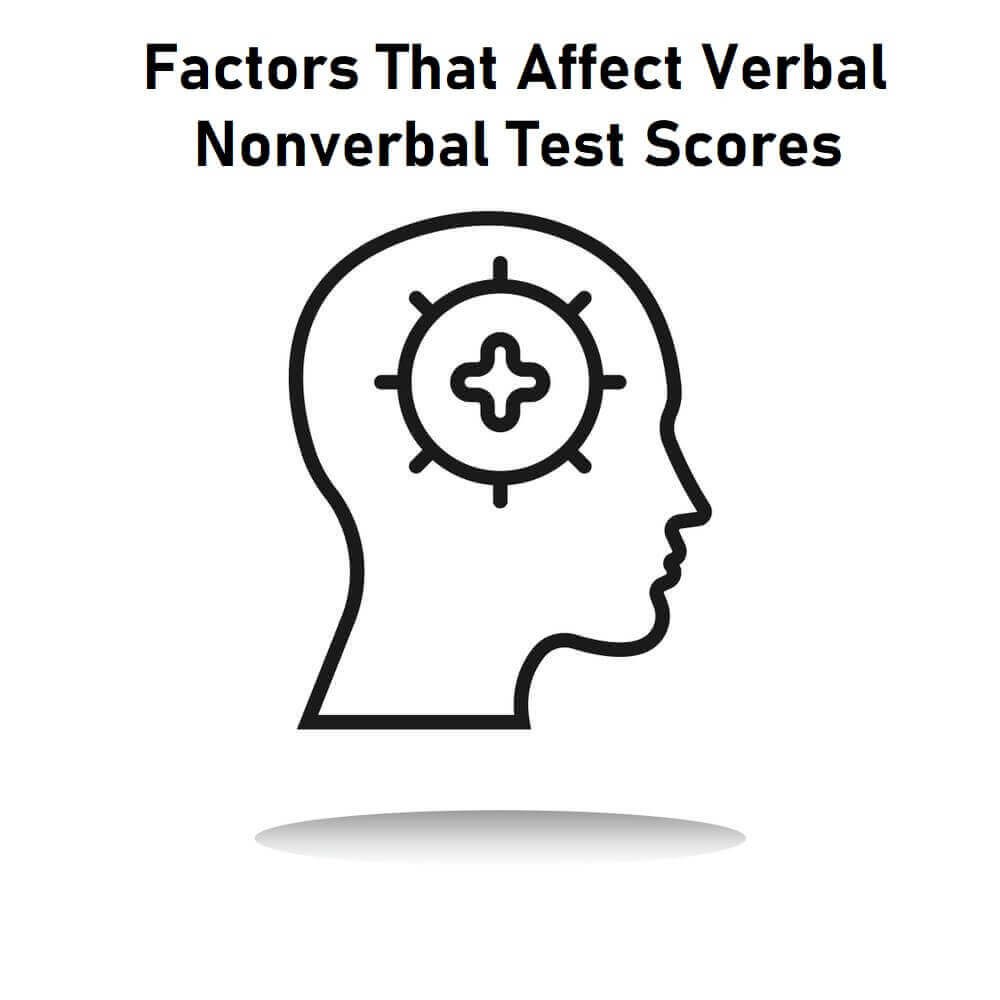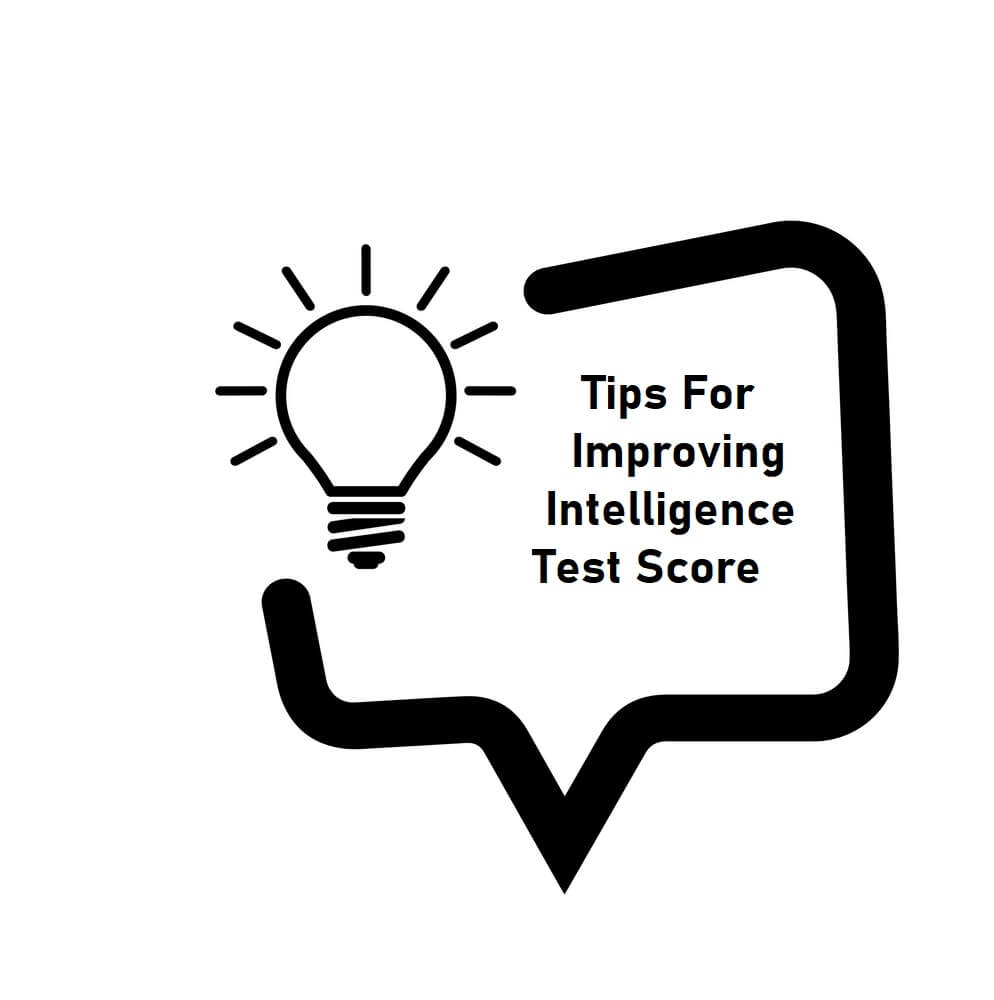Verbal and nonverbal intelligence test are standardized methods designed to assess an individual’s intelligence in different areas. These assessments are commonly conducted in educational and professional settings to determine a person’s intellectual potential, strengths, and weaknesses.
Practice For Verbal And Non Verbal Test
Verbal intelligence reflects an individual’s potential to understand and use language efficiently. These assessments measure language-related abilities, including vocabulary, comprehension, grammar, and reasoning.
On the other hand, nonverbal tests assess individual skills to analyze problems and make decisions using visual and spatial information. Skills like pattern recognition, spatial reasoning, and visualization are assessed on these tests.
Factors That Affect Verbal And Non Verbal Test Scores
Intelligence
A person’s innate intelligence can significantly affect their verbal and non verbal intelligence test results.
Test Anxiety
Your performance may be negatively affected in the test when you are nervous or anxious before or during an intelligence test.
Fatigue
Sometimes, people cannot concentrate because they are exhausted and their body cannot handle the workload.
Test-taking Skills
Knowing the format and strategies for answering questions can help you perform better on tests.

Tips For Improving Intelligence Test Score
Improve Test-Taking Skills
Students can improve their verbal and nonverbal intelligence test scores through time management and elimination strategies.
Reduce Test Anxiety
Various techniques can help to reduce anxiety and improve focus, including deep breathing, meditation, and visualization exercises.
Get Enough Rest
It is believed that improved cognitive performance can be achieved by sleeping well and resting enough.
Practice
There is a possibility that test scores can be improved by practicing with sample questions and assessments before the test.

Conclusion
A verbal and nonverbal intelligence test is an excellent tool for understanding and evaluating a person’s mental abilities. These assessments can guide educational and professional decisions, which provide valuable insight into a person’s strengths and weaknesses. Verbal non verbal intelligence test formats are not culturally oriented and non-biased, so they do not require specific knowledge or cultural background. The test can evaluate a variety of groups, including children, adults, and people from various cultures and languages.
